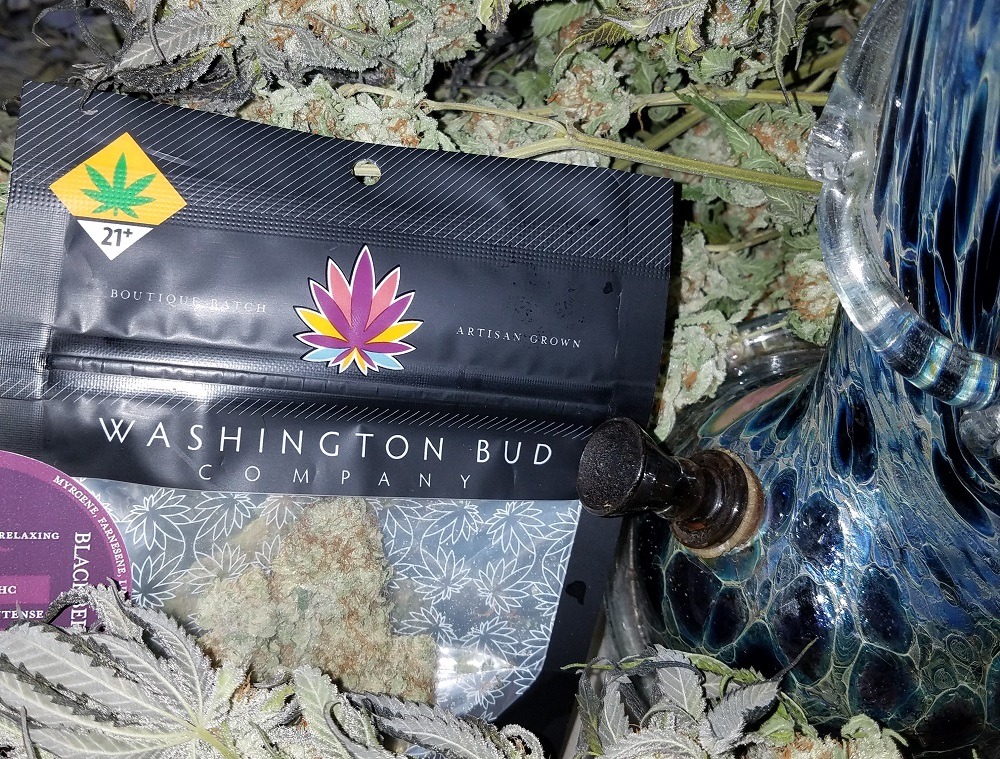
18 Mar Craft Cannabis
I often wonder if our population has truly embraced the idea of farm-to-table strongly enough to value farm-to-bong.
Looking at how Washington state set up its license structure to cater to the small, craft cannabis grower, I wonder if any other state will follow that path. It is obvious that regulating a handful of operators is easier on a regulatory body than overseeing thousands (now reduced to hundreds) of operations in our state.
A lesson learned long ago comes into play: institutions, corporations, government bodies, etc. all create policies that cater to the ease of running their operations and not necessarily to the needs of those they serve.
The Washington State Liquor and Cannabis Board dropped some draft legislation into our laps two days prior to the long Labor Day weekend and requested comments back within the week. My holiday weekend was spent reviewing bill language and commenting on it.
The goal of one bill is to help minorities, veterans and women become cannabis retail store owners by establishing a social equity program. The other bill’s goal is to address the woefully underserved medical market, while helping the smallest operators by setting up a direct sales path.
While the goals are sound, the bill drafts were not. Agency-requested legislation must be submitted in September for the legislative sessions that begin each January, so the deadline loomed heavy for the Liquor and Cannabis Board. As of this writing, I have no idea if any of our comments and suggestions were acted upon.
This is why we need to establish a “craft cannabis” designation. Washington is well set up for craft producers to carve out a niche. A group of retailers have even established an advocacy group called the Craft Cannabis Coalition in an effort to support small operators with a lobby voice, which is so very vital.
A popular vision of a future craft cannabis designation includes encircling those that are: a) owner operated; b) owner(s) listed on only one license; c) grow to a standard of purity; and d) are limited to either a sales or production cap.
These licensees would then be able to work with their local counties and municipalities to establish zoning that allows on-site tastings and purchases directly from the grower. Some guardrails being discussed are limited hours of operation, separation minimums from retail stores, the ability to sell bulk to registered patients and the ability to sell only what is produced by that licensee.
I envision a system like some wineries have established in which guests pay for a tasting that can be credited toward a purchase. I believe this would bolster sales of craft brands in stores, create a loyalty, give a path for patients to purchase larger quantities at more affordable prices and bring us in line with craft brewers and wineries.
Yes, the devil is in the details, but we’re ready to fill the bongs at this farm!
Read more articles by Shawn DeNae at https://www.marijuanaventure.


